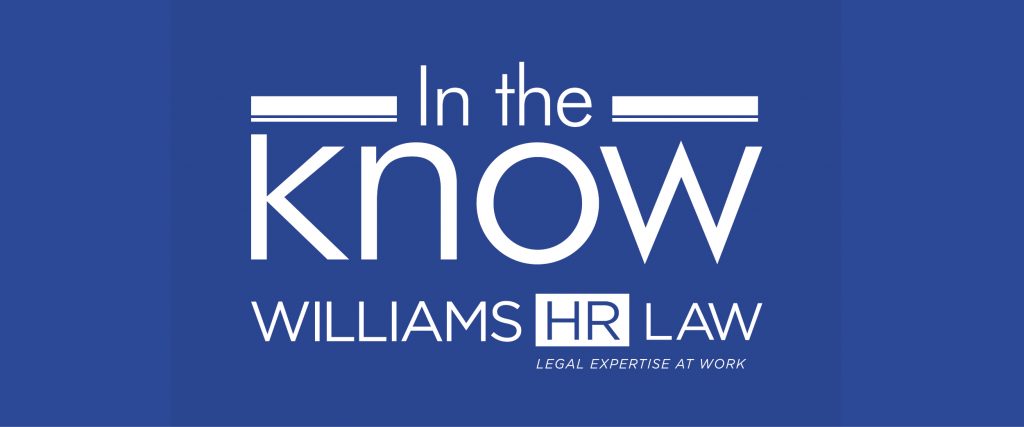
The Workplace Safety and Insurance Board (the “WSIB”) recently released its Operational Policy regarding medical cannabis, OPM 17-01-10, Cannabis for Medical Purposes (the “Policy”), which sets out the circumstances under which workers will be entitled to WSIB coverage for medical cannabis to treat a work-related injury or illness under the Workplace Safety and Insurance Act, 1997 (the “WSIA”). The Policy applies to medical cannabis and vaporizers purchased on or after March 1, 2019, for all workplace accident dates. The Policy was released in response to the tremendous amount of attention that has been directed at cannabis use since its legalization in October 2018 and a trend among insurance providers towards providing coverage for medical cannabis. The Policy was also introduced to help clarify what types of injuries and illnesses warrant the use of medical cannabis and entitle workers to coverage.
Medical cannabis has been legal in Canada for quite some time but unlike other medications in Canada, it has not undergone the rigorous testing and study that typically accompanies Health Canada approvals for new medications. As a result, it is unclear the extent to which cannabis can be used to effectively treat various medical conditions. In drafting the Policy, the WSIB sought to marshal what evidence is available to provide coverage for those workers whose conditions have been scientifically shown to improve with medical cannabis treatment.
Certain Illnesses Covered
The WSIB has identified five different work-related illnesses or injuries which studies have shown can be treated with cannabis effectively. The Policy requires that a worker must have one of these five conditions in order to be granted entitlement for the use of medical cannabis for a work-related illness or injury. The five conditions are:
- neuropathic pain;
- spasticity resulting from a spinal cord injury;
- chemotherapy-induced nausea and vomiting;
- loss of appetite associated with HIV or AIDS; and
- pain and other symptoms in palliative care.
When the WSIB will not Cover Medical Cannabis
The WSIB will not approve coverage for medical cannabis where the use of cannabis is contraindicated, meaning that the risks of cannabis use, outweigh the potential benefits. Those circumstances arise where individuals:
- are under the age of 25;
- have a personal or strong family history of psychosis;
- have a current or past cannabis use disorder;
- have a current or past substance use disorder;
- are pregnant, planning to become pregnant, or breast feeding;
- have cardiovascular disease; or
- have severe liver or kidney disease.
However, the WSIB has indicated that this is not an exhaustive list of contraindications. The WSIB has also created dosing guidelines which govern the means by which medical cannabis can be consumed, the amount that can be consumed and the percentage of psychoactive chemicals allowable for medical cannabis coverage. In particular, the WSIB has noted that an individual’s prescription may be for no more than three grams of cannabis per day and that the individual may not consume the medical cannabis by smoking it.
Conditions for Coverage
The WSIB requires individuals who are applying for medical cannabis coverage to first have exhausted appropriate conventional forms of medical treatment before it will consider their request. The WSIB insists that this requirement reflects the fact that conventional treatments have undergone rigorous testing to objectively verify their safety and efficacy. The Policy states that medical cannabis will generally only be necessary, appropriate, and sufficient to treat a work-related injury or illness where conventional treatments have failed. Accordingly, injured workers will need to show that all other applicable conventional treatments do not adequately treat their injury or illness before they will be granted use of medical cannabis under the WSIA.
In line with the WSIB’s approach to other narcotics and opioids, an individual must undergo a clinical assessment confirming their need for medical cannabis before they will be entitled to coverage. The WSIB will also require a physician’s report in order to assess ongoing entitlement to coverage. As noted above the WSIB reserves the right to deny coverage where, in its view, the risks associated with use of medical cannabis outweigh the potential benefits to the individual.
The WSIB will cover the costs of medical cannabis, as well as the costs of a vaporizer if approved for the treatment. The WSIB requires patients to receive their medical cannabis from providers licensed to distribute medical cannabis. The Policy is due to be reviewed in March 2021 by which time the recreational cannabis regime will have been in effect for three and a half years. Presumably, additional scientific study will either broaden or narrow the list of conditions where the WSIB feels that medical cannabis is an appropriate treatment and as a result, the Policy is likely to evolve in the coming years. We will be sure to provide any updates on this new Policy as they become available.
This email is provided as an information service and summary of workplace legal issues.
This information is not intended as legal advice.

